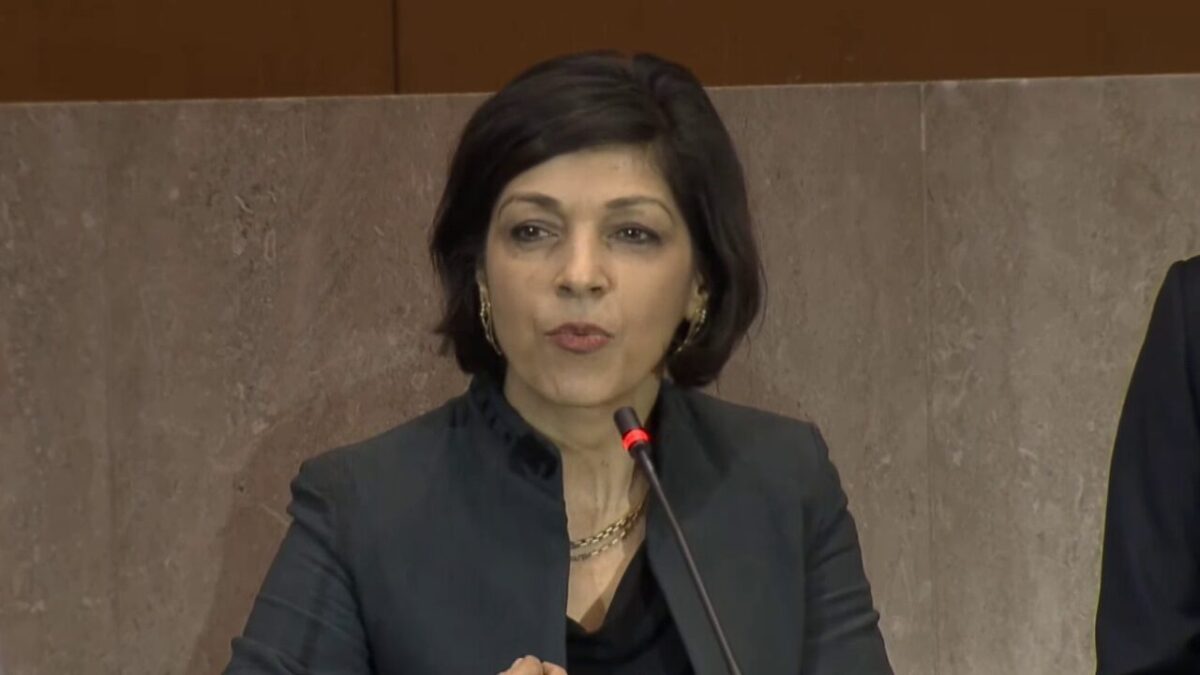Rina Amiri, the U.S. special envoy for human rights and Afghan women, marked Human Rights Day by condemning the Taliban’s policies, which she said have exacerbated the suffering of Afghanistan’s people.
In a post on X, Ms. Amiri wrote: “The Taliban’s escalating policies of gender persecution against women and girls and abuses against ethnic and religious groups, journalists and human rights defenders continue to deepen the suffering of the Afghan population and quash the prospects of a peaceful and stable Afghanistan.”
She added that the Taliban’s actions have undermined prospects for a peaceful and stable Afghanistan, noting that millions of Afghans have endured decades of human rights violations due to more than 40 years of war.
Since regaining control of Afghanistan in August 2021, the Taliban have stripped away most civil rights and freedoms, especially for women. They have imposed sweeping restrictions, including bans on education, employment, and public presence for women and girls. Women are prohibited from entering parks, beauty salons, or traveling without a male guardian, and they are barred from speaking to unrelated men in public.
The Universal Declaration of Human Rights was adopted by the United Nations General Assembly on December 10, 1948, with Afghanistan among its original supporters. Despite this legacy, Afghanistan’s human rights record has deteriorated significantly under the Taliban.
Each year, activists and organizations mark global campaigns like the 16 Days of Activism Against Gender-Based Violence, beginning on November 25, to raise awareness of these issues. However, the Taliban’s policies have drawn severe criticism, with human rights advocates warning of the long-term consequences for Afghan society.





